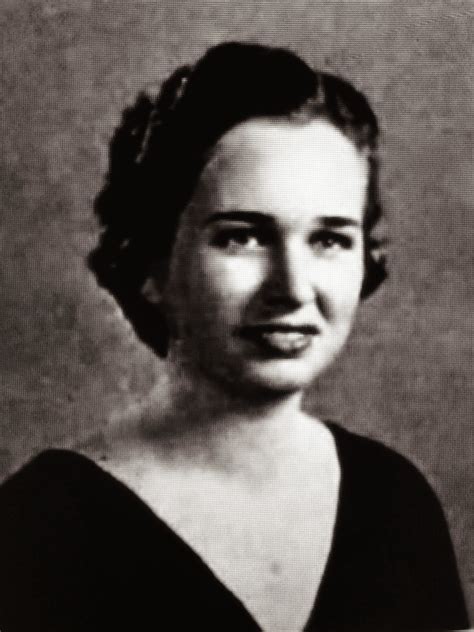A Quote by Mordecai Richler
I had, like any other young novelist, started out by believing the difficult thing was to get published and that, once you managed that, well, your financial problems were over. I discovered, like any other serious novelist, that actually they had only just begun.
Related Quotes
Pain is like a new room in your house that you never knew you had. If you had known, you would have bolted and locked the room past any entering. But truly, it is a room like any other, four glaring white walls and a dark hard floor, and if you don't try to get out, it is possible to remain in it. Once you tried to get out, you ... couldn't ... stand ... it. Don't think of getting out.
And lastly, when other things in life get tough, when you're going through family troubles, when you're heartbroken, when you're frustrated with money problems, focus on your work. It has saved me through every single difficult thing I have ever had to do, like a scaffolding that goes far beyond any traditional notions of a career.
After Princess Diaries, I was labeled a good girl, and for the first eight years of my career I had to fight to get any other kind of role. But I like fighting for a job, actually. Once you get it, you feel like you've emerged victorious from the scrap and you're like, "OK, this one's mine. Did it. Done."






































